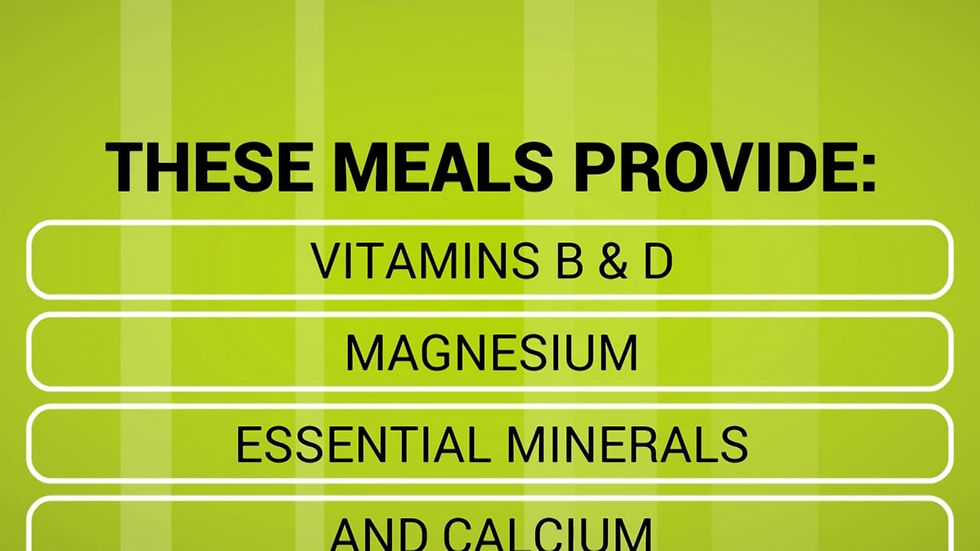Eggs: Are they good or bad for you?
- Admin

- Jun 25, 2017
- 2 min read

I get this question many times in my wellness seminar.
Eggs have gotten some bad reputation due to a high amount of cholesterol in the egg yolk. Grocery shelves are full with options of only egg whites. But are eggs really bad for us and should we be avoiding egg yolk?
To find out the answer let's decode the nutrition formula of an egg.
What are eggs made up of?

Protein- The quality of protein found in egg is much better than whey or soy protein. Essential amino acids are the protein which our body cannot synthesize and we must get them from our diet. Eggs contain all nine essential amino acids making them one of the best sources of protein.You will be surprised to know that egg yolk contains approximately 47% of total protein in the egg.

Cholesterol: One of the reason eggs have been vilified is due to its cholesterol content. One egg yolk typically has about 200 mg of cholesterol. The high amount of blood cholesterol has been associated with heart disease. However it is a misconception that dietary cholesterol intake increases the blood cholesterol. As a matter of fact, dietary cholesterol has been shown to be very weakly correlated with blood cholesterol in medical research. As a result, Dietary Guidelines for Americans 2015 removed the prior recommendation to limit consumption of dietary cholesterol to 300 mg per day.

Choline- Choline is a chemical that is essential for our heart and brain functions. Egg yolk is the richest dietary source of choline. In fact,eggs are sometimes called “brain food” because they are known for supplying high amounts of choline.

Carotenoids- Egg yolk is the powerhouse of carotenoids like lutein and zexanthin. These carotenoids are very important for good eye health and may reduce the risk of age-related macular degeneration.

Vitamins and minerals: All of the egg’s vitamins A, D, E and K are in the yolk. Egg yolks are one of the few foods naturally containing vitamin D. With the exception of niacin and riboflavin, the yolk contains much higher proportion of the egg’s vitamins than the white, including vitamins B6 and B12, folic acid, pantothenic acid and thiamin. The yolk also contains more calcium, copper, iron, manganese, phosphorus, selenium and zinc than the white.

So yes eggs have many health advantages and they should be part of our regular diet in moderation (1 to 2 eggs per day for a nondiabetic patient. If you are a diabetic then limit to 1 egg per day).
Granted it is an animal protein and if you are a vegan you can argue that it may increase inflammation. Not so much though if you chose the right kind of eggs.
What are the right kind of eggs?

Cage free organically fed, omega -3 enhanced chicken eggs.





Comments